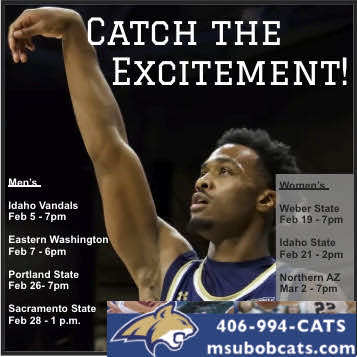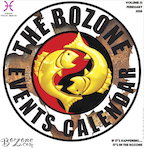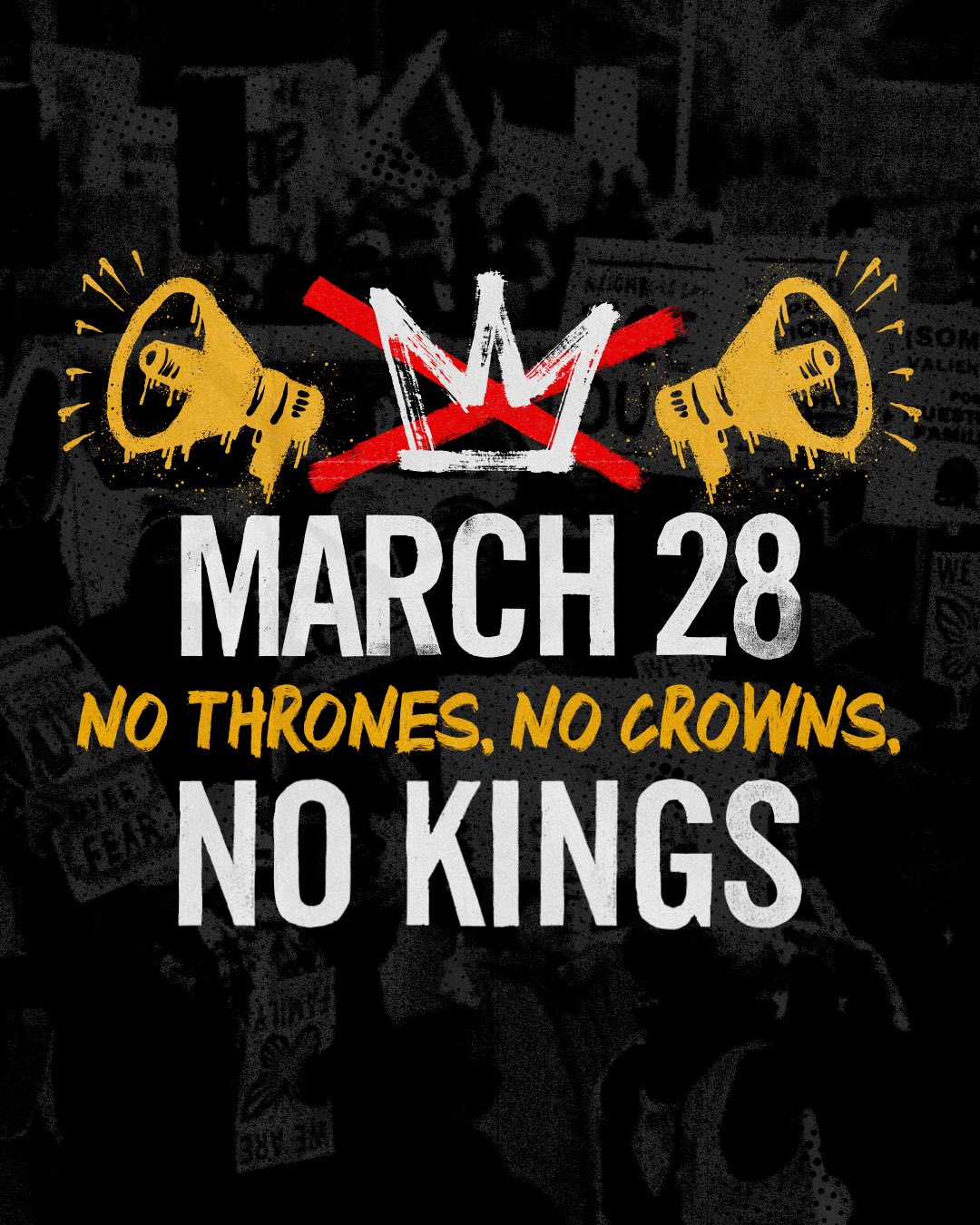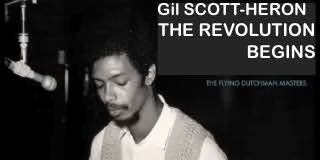
The Black Lillies
The Black Lillies are a band for the ages, not the slick, soulless music that seems to get most of the radio airplay, but rich, rootsy tunes performed with as much heart as technical virtuosity. This commitment to authenticity has earned them accolades from outlets as diverse as Rolling Stone, who calls them one of “the most buzzworthy new acts in country and Americana,” and the Wall Street Journal, who praised their “rootsy flair…a winsome hybrid traditional enough to appeal to an Opry crowd and expansive enough to ensnare a broader audience.” The Black Lillies is comprised of founder and frontman Cruz Contreras, Trisha Gene Brady with vocals, Jonathan Keeney on pedal steel, Bowman Townsend with percussion, Mike Seal on electric guitar, and Sam Quinn on bass. In anticipation of their upcoming Southwest Montana performances, the Rolling Zone was able to get Contreras on the phone to talk defining an assorted sound and potentially filling some pretty big shoes.
RZ: Hey Cruz. How are you doing? CC: Excellent. I’m good. I’m in Southwest Michigan, staying at a friend’s cabin here on the lake. I’m actually on vacation which is really rare these days. This is my childhood home up here. I’m here with my son and a bunch of family and am just enjoying the weather and the beach.
RZ: Nice. R&R is important in your line of work. You’ve got a busy tour coming up. Thanks for taking the time to talk with me. CC: Absolutely. Looks like we’ve got about a solid month. We’re gonna start in Texas, make a big zigzag up to Missouri, work our way out to Idaho, then we’ll be out West.
RZ: Well we’re looking forward to seeing you. Maybe you could introduce us to the Black Lillies’ sound. Live or recorded, what can a listener expect to hear? CC: We’ve always made a point to make sure the sound can evolve. If you’ve heard the band year to year, [and] sometimes even month to month, it’ll change depending on the lineup [and] what types of songs we play. As the primary songwriter, I try not to repeat myself too much. I want the songs to really vary stylistically, song to song. If you had to label it, we do everything from country to rock to soul to bluegrass to blues. Folk, mountain music, jam band, psychedelic, and we really do mix that up. It sounds like a lot and it kinda is, but our fans who have followed us over the years really understand [our sound] and appreciate it. It makes it a little tougher to sell it in the moment. It’s probably a salesman’s nightmare, but once people get it, they get it.
RZ: Funny. CC: It is funny. I hear our fans trying to describe it to people and they’re just as stumped as we are. [So] I don’t feel so bad, it’s just the nature of the music. I grew up playing bluegrass and country music, so that’s something that’s a huge part of it. We also have a lot of jazz majors in the group, [and] you know everyone’s grown up on pop music and rock music. I’ve also found it really is a great fit out West, specifically wherever there’s mountain culture. We come from the Smoky Mountains. As long as we’ve toured, the second we get out to the Rockies or that area, it’s another perfect fit. I think our music sets well with people who are independent minded, active. If you’re into outdoor sports, beer, music, dancing, kinda being silly, our music’s gonna agree with you.
RZ: Let’s talk about the latest album, Hard to Please. The closer, “Fade,” is my personal favorite, in part due to how well it wraps up the collection. CC: I appreciate that. “Fade” was actually completed in the studio the last night of the recording process. I’d been dabbling with the “Fade” concept for a couple of years. It morphed from one song to another, and completely different concepts. But the “Fade” theme stayed the same. Throughout the recording process, I worked with this group of lyrics. The music was completely spontaneous. It ended up being one of the most special tracks on the record.
RZ: You enlisted an outside producer for this album. How was making the music different in comparison to your previous work? CC: It was very different. It was part of that natural growth process. I just knew if we were going to get the sound we wanted on this recording, we were going to have to hire a producer. I kinda just reached my limit. I’m not an engineer. We reached out to a handful of producers and Ryan Hewitt ended up being available and interested. We hit it off really well, communication-wise. He ended up doing a great job. We were certainly apprehensive, because we’d never handed those reins over. I have learned, working with other producers on other projects, you have to let them do their job. There’s no point in hiring a producer if you’re not going to let them do what they do. As scary as that was, within the first fifteen minutes of working with him, we were just like, “Oh yeah, this guy’s badass. He knows what he’s doing. He’s gonna make us sound better.” And he did.
RZ: Hard to Please is a bit of a mixed bag. It touches on so many genres and, like you said, veers away from obvious repetition. CC: At the core of it, as the writer, I may have a vision, but Ryan as a producer can actually make it happen. He can take it that extra mile to really make every song become what it has the potential to be. And he did. It was a really great experience. RZ: How has critical reception and audience response influenced the Black Lillies? CC: It gives you certainly a lot of support and encouragement moving forward. It’s a tough business. To know there’s acceptance and praise for what you’re doing artistically and creatively really gives you the confidence to move forward. We’re not really a critic’s favorite per se. It is pretty accessible music, kind of somewhere between critic’s choice and popular music. We’ve had enough of a positive critical reception, [and] we’re definitely proud of that. RZ: Looking toward a few of your Montana stops at Live from the Divide and the Music in the Mountains festival, you play both intimate settings and larger venues, and everything in between. How different are those shows and do you have a preference? CC: I make a set list right before each show. We have our core material, but I always try to be spontaneous in the moment. For a band at our level, it’s one of the biggest challenges and opportunities. There’s so little consistency between the type and size of venues. The last two times we were in Bozeman, we played the Ellen Theatre and had really great shows there. This time, we’re going back to Peach Street. Those guys are great. We love what they do. We’re thrilled to be going back. That is a very intimate, I mean, it can’t get any more intimate. You’re pretty much in a recording studio and then people are just there.
RZ: Yeah. Just sittin’ in. CC: Then Big Sky, which is one of your most panoramic views from the state or otherwise, [is] really inspiring. The last time we were there, we had played a whole string of dates in the region. It was really cool because, basically, people started following us around. The crowds were growing show to show. We were making memories out there. It was so sad for that show to end and for us to leave. That doesn’t usually happen, but [we] were trying not to cry when it was time to leave. You just have this great experience and don’t want it to end. So it’s a special place for us. We’ve not only developed a great fan base out there, but a lot of friends also. Both of those shows will be very special.
RZ: What can you say to those people who have actively followed and supported your career? CC: In our case, without a record deal, we cannot do this without our fans. Your fans allow you to do it. Buying tickets to a show, buying records and t-shirts, that’s really their way of saying “we like what you’re doing and we support you.” We have to honor that and be thankful and grateful. In our case, when you play roots-style music, we kind of put our music out there and let people decide and make up their own mind whether they’re into it or not. You don’t really decide who your fans are in that case. It’s been really humbling. We have amazing fans. They choose us more than we choose them, and I mean that in a good way. It turns out they’re pretty amazing people in addition. It’s [a] great confirmation, makes us feel good about what we’re doing, and gives us the courage to go ahead. We’re not chasing anything. This is what we’re doing. It is the day to day, it is each experience, and our fans really make it worth it for us.
RZ: You’ve expressed there was an outpouring of support following a recent theft of your touring vehicle and all your belongings. CC: Back in January, after our Texas run, we got 100% of everything we had stolen. Our van was stolen, it was connected to our trailer and our stuff was in it. Thanks in great part due to our fans. [They] rallied and raised money for us, and we were able to continue playing and continue travelling. Hopefully that’ll never happen again.
RZ: Yeah, that’s a total buzz kill. CC: It sure is. The crazy part, you know, you go from that instant shock of what just happened to potential depression of “how are we going to deal with this?” to really being overwhelmed by the support. I knew we had a good fan base, but when you see it all tangibly rise up like that–in literally hours, [we realized] we’ve gotta keep doing this. People really believe in what we’re doing.
RZ: Cool. Keep the Black Lillies on the road. Speaking of, what’s the story behind your name? CC: I’d always had a romantic notion about having a band as opposed to being a solo artist. I was looking for a name, working for a stone company driving trucks. I would just drive around and look for names, look for names, [and it] never really came together. One of the early songs I wrote was called “Where the Black Lillies Grow.” It was a heavy song, it was a dark song. I was really dealing and coping with issues I was going through at the time. But I liked the image of the flower itself, drawn in my mind from childhood. They were all over the yard and it was my job to water them. In the song, it was that classic something good gone bad. It was a really specific image in a specific place. I sat on it a little while, and after I made the first record–which became Whiskey Angel, the record was going to press the next day and it was just going to be [called] Cruz Contreras or the Cruz Contreras Band. Doug Lancio [who was mastering Whiskey Angel] said, “Hey, this sounds like a band. Do you have a name?” It was music to my ears. I was like, “I do. I have a name. The Black Lillies.” It was last minute. RZ: What’s the plan for the future? What do you foresee for the Black Lillies and for yourself? CC: I don’t always think that way, but I’m at a point where I’m starting to a little bit. Before long, I’ll have been in this band for a decade. I’m going to start doing solo shows this year. That’ll be a great challenge. It’ll be a way for me to start writing material, go to that well, bring it back to the band, work on solo stuff, and not cram for another record in a week’s time. I don’t know exactly what’s going to happen, but I do know everyone is going to be able to pursue some of their own interests. [My] solo stuff will be uncharted territory. But [The Black Lillies] want to make more fans, be able to pack a house, pack a theater, and make sure everybody makes a comfortable enough living. You know, the greats are moving on. Merle’s gone, Waylon’s gone, Johnny’s gone, and Willie’s hanging in there. Someone’s going to have to fill those shoes and I think we’re next in line to do some of that.
The Black Lillies will perform on Live From The Divide at Peach Street Studios on Wednesday, June 22nd at 8pm. Live From The Divide is broadcasted every Monday at 6pm on public radio station KGLT 91.9 & 97.1. They’ll follow up this intimate performance with another welcome appearance, opening Big Sky’s Music in the Mountains summer concert series on Thursday, June 23rd at 7pm. For further information on these and other shows, visit theblacklillies.com/. •










